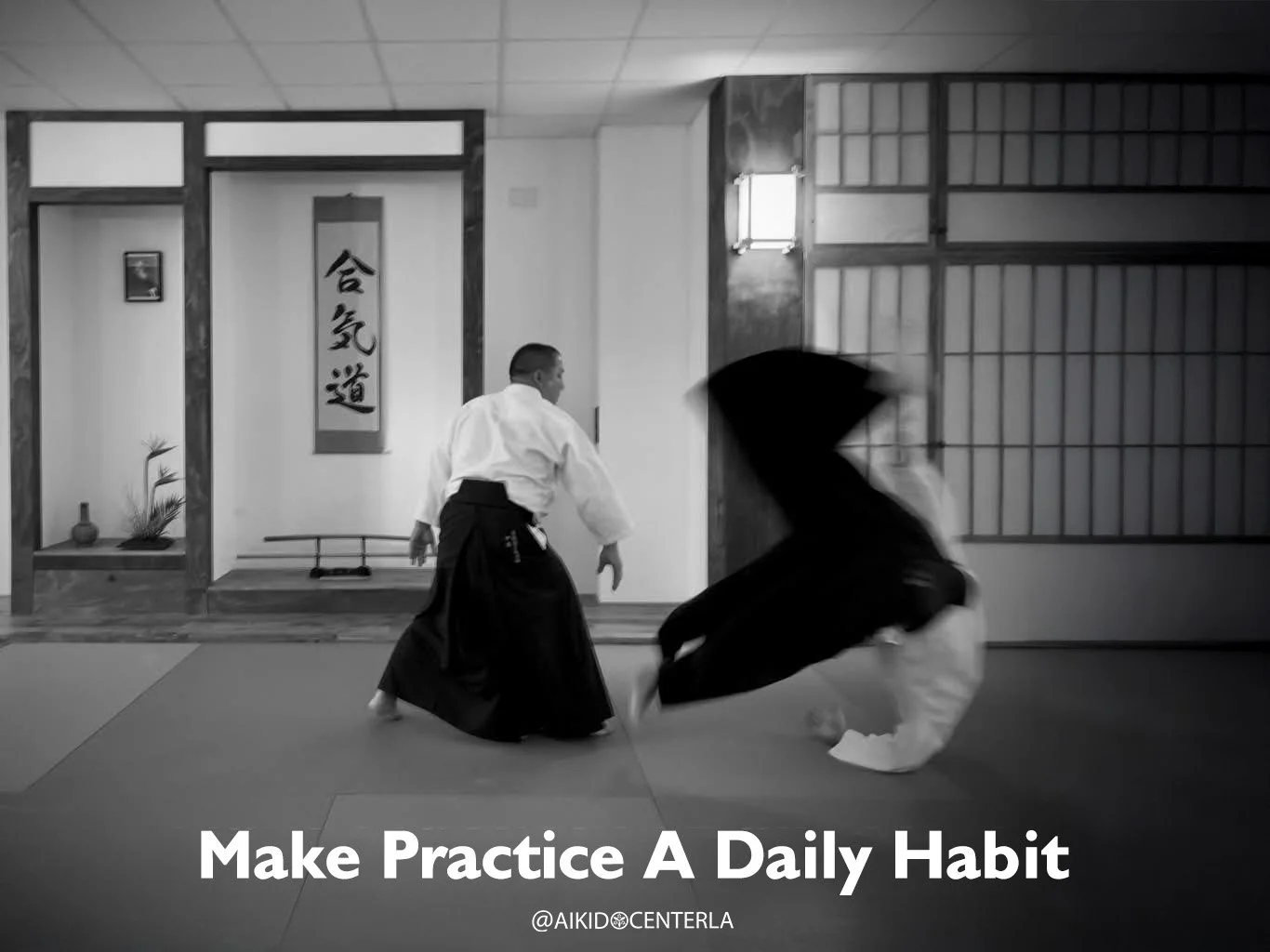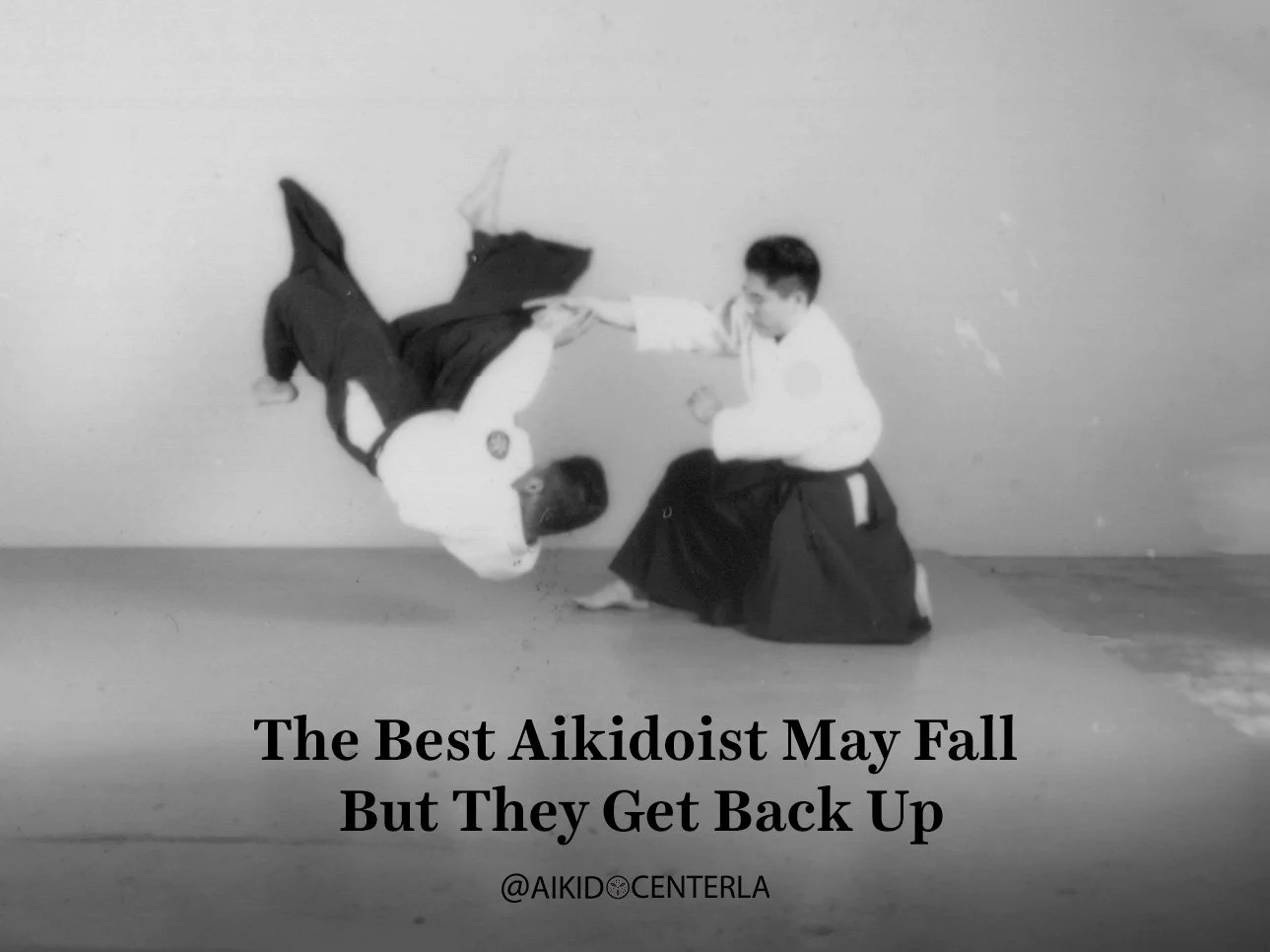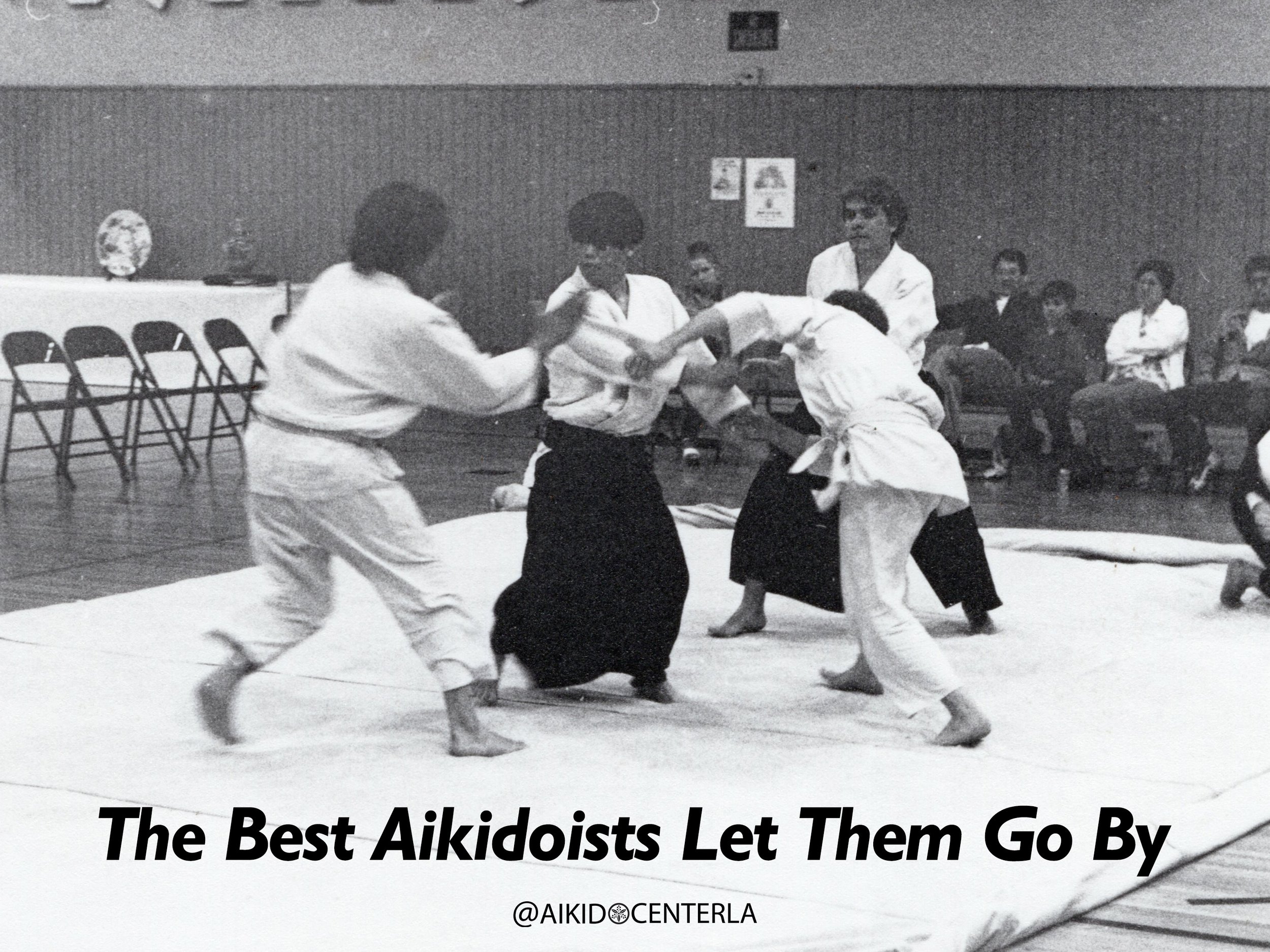Information and Knowledge
This article originally appeared in the March 1, 2025 edition of the Spanish language magazine El Budoka. Thank you to Santiago García Almaraz Sensei for translating it. Read Informacion Y Conocimiento
“Information and knowledge are not the same thing. You can get information from your computer and the internet, but you can only get knowledge when you unify your mind with your body. Please be respectful, cautious, and mindful at all times.” - Rev. Kensho Furuya
In 1996, Rev. Kensho Furuya wrote the book Kodo: Ancient Ways. In that book there are 41 articles that Furuya Sensei wrote as a column for the martial arts magazine, MA Training. The book is loaded with wisdom, and I don’t use that word lightly. To this day, 18 years after Furuya Sensei’s passing, we still get letters and emails from martial artists all over the world voicing their appreciation for his book and how much his book inspired them. I once saw this one student’s book in Spain who claimed to have read it more than 20 times. I believed it because the fore-edge of his copy was so worn and black that he must regularly thumb through it. He said that whenever he needs motivation, he opens up Kodo.
I was a student under Rev. Kensho Furuya for 17 years and one day. The most crucial day was that one extra day. On that day he passed away and it completely changed the course of my life. This March marks the 18th year since Furuya Sensei passed away. On this anniversary I thought that I would give my seven favorite quotes from Kodo and give my explanation of them.
When I asked him, “What do you look for in a student? He answered “attitude.”
Attitude is the number one indicator of student success. It is one of those things that can’t be taught but a student can learn. Attitude is intrinsic. Everything on the inside shows forth on the outside. If we have found inner peace, then it will be reflected in our Aikido. Furuya Sensei used to say that “You can learn everything you need to know about a student by how they do Aikido.” Who we really are is reflected in our attitude. Attitude is one of those things which cannot be faked forever. Sooner or later the real you comes out.
One cannot do martial arts with a calculator or adding machine. These are machines to figure out profits. Martial arts is beyond calculation.
Today, a dojo is a business. It is one of those things which can’t be helped. A dojo cannot be a business, and a business cannot pretend to be a dojo. It is a tricky balance for the teacher who strives to keep the dojo at least 51% a dojo. If they can do that, then the dojo and the art will prosper. If they cannot resist the urge to make it a business, the art will suffer. Most times, a dojo doesn’t “add up” because we put students over profits.
Become a “real” martial artist. Become a “real” person.
There is a saying, “real budo, real person.” What this means is that the more one develops themselves as a martial artist, the more they develop as a person. Being a “real” martial artist is not about effectiveness. True martial arts development is not about fighting - it’s about character. Or rather the balance between the two. Furuya Sensei called this balance saikan koubai (歳寒紅梅) or “the elegant apricot flower and the strong plum blossom.” He said, “Saikan koubai means to focus too much on war makes us rough and crude while the emphasis on too much beauty makes us weak.” Budo is a balance. Strive to be a better person rather than juvenilely just a person who hurts others.
Overcome all obstacles in your life, regardless of how difficult they may be.
Every day there will be something that stands in our way. Weirdly, the easiest obstacle is a human opponent. The harder opponents to deal with are the ones with no human form like taxes, homework, or just no energy or motivation to go to the dojo. Regardless of the obstacle, we still have to be a martial artist about it. What that means is that in everything we do, we never give into our feelings or emotions. Those feelings bring for emotions like fear, temptation, or boredom. The best martial artist sees past the “story” that our minds are telling us when they tell us to give up, give in, or quit.
Anyone who trains to see even the smallest detail of the technique or art will progress quickly.
One of the hardest things to develop in our training is our “eye.” Our “eye” is not the same as vision or being able to see something. Most beginners focus too intently on the bigger picture and lose sight of the finer details. Having an “eye” means being able to see some detail and understand how that detail fits into the bigger picture. The first thing a student must develop is the ability to “see” even the smallest detail and the second is the understanding of what that detail means or how it works. When we create that type of skill, there is nothing we cannot learn or, more importantly, teach ourselves.
To be discouraged is a part of training.
This is the martial arts dirty little secret. Discouragement is the martial artist’s only true friend. Without discouragement, most of us would just quit because we wouldn’t know the value of something. Discouragement keeps us grounded and teaches us the true value of things or people. Discouragement tests our will. The most important thing to remember about discouragement is that it is ok to be discouraged. It happens to all of us. The true test of discouragement is if we give in to it or give up. Discouragement tests us and teaches us. Discouragement shows us where we need to put in the work.
Because learning is endless, mastery is endless.
There will be ups and there will be downs, but the Way is never ending. With every obstacle that we overcome, we gain knowledge, wisdom, and experience. That wisdom is what we use to gain more success in life and in the dojo. If we think that there is an end, then we will stop at the slightest bump in the road or with the most mediocre victory. Furuya Sensei used to say, “The Way is hard.” What makes it hard is when we think of it as a sprint that has an end. In the mastery of martial arts, there is no end but that is not a bad thing. Realizing that the Way is endless gives us excitement for the next obstacle, lesson, or test. The Way never ends, and it is never boring.
The greatest gift a teacher like Furuya Sensei could ever give us is the idea that a path of self-perfection exists. This path gives us the opportunity to make ourselves into the best versions of ourselves. The Way is hard, but it is definitely worth it! The last scroll Furuya Sensei put up in his tokonoma before he died read (守愚不移志 默默養其神) or “Be humble, be strong, and always keep going.” It seems as if it was his last teaching. So true indeed!





















